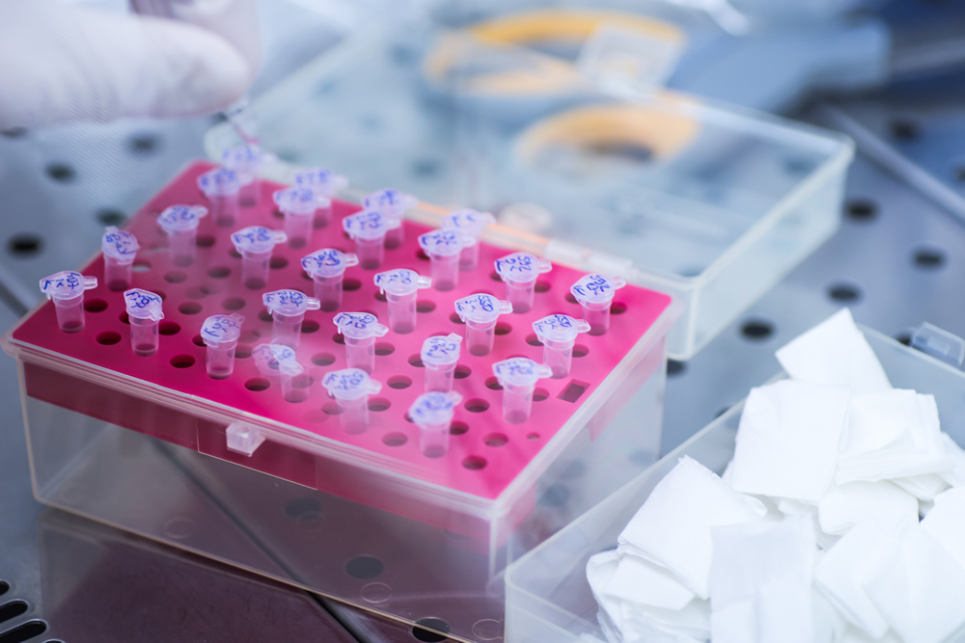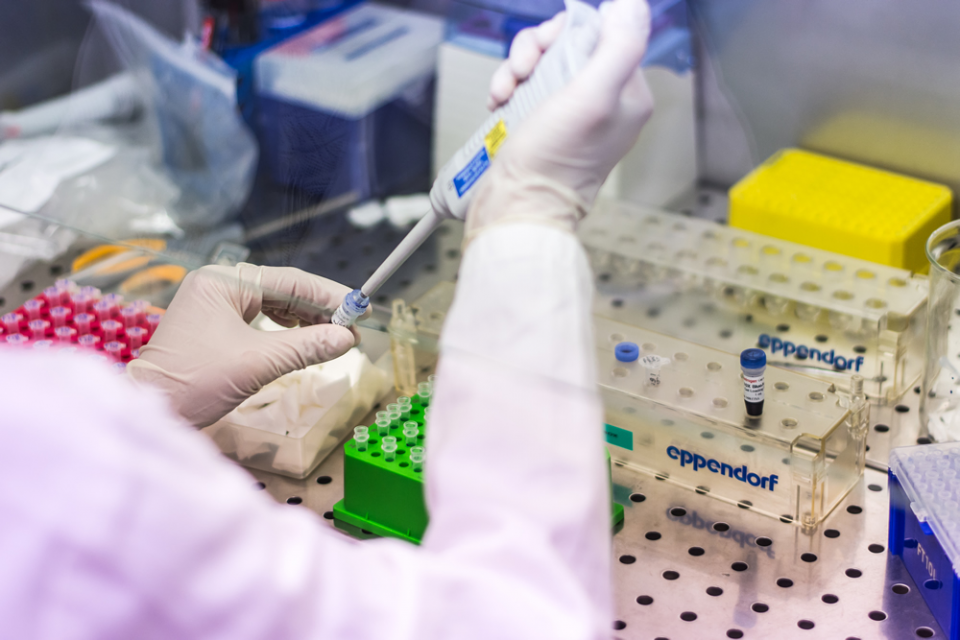Precision oncology has become part of everyday cancer care. The molecular profile of a tumour can be accurately mapped and a wide range of targeted drugs are available for treatment. However, it is an enormous challenge to effectively link the two areas to ensure that therapy is truly personalised. The oncology decision-support system developed by Oncompass Medicine Hungary Kft. uses artificial intelligence to analyse genetic and clinical data, and then assigns the drugs and active substances that are expected to produce the best results in a given case.
 But how does it work in practice? Six million different defects and mutations in nearly six hundred different genes are responsible for the development of various types of tumours in the human body. Each patient has a combination of 2-8 gene defects at the same time, so each tumour is unique and must be fought differently. Research in recent years has led to a dynamic growth in the number of targeted drugs for specific gene defects. Therefore, well-targeted, personalised therapy can add years to a patient’s life. Inadequate treatment, on the other hand, can be literally harmful, and imposes unnecessary financial burdens on healthcare systems and society as a whole. However, choosing the right active substances is not easy, as the possibilities are almost endless: each gene defect may be associated with several drugs, and each drug may be associated with several gene defects. A radically new approach is therefore needed to design optimal treatments and immunotherapies.
But how does it work in practice? Six million different defects and mutations in nearly six hundred different genes are responsible for the development of various types of tumours in the human body. Each patient has a combination of 2-8 gene defects at the same time, so each tumour is unique and must be fought differently. Research in recent years has led to a dynamic growth in the number of targeted drugs for specific gene defects. Therefore, well-targeted, personalised therapy can add years to a patient’s life. Inadequate treatment, on the other hand, can be literally harmful, and imposes unnecessary financial burdens on healthcare systems and society as a whole. However, choosing the right active substances is not easy, as the possibilities are almost endless: each gene defect may be associated with several drugs, and each drug may be associated with several gene defects. A radically new approach is therefore needed to design optimal treatments and immunotherapies.

By analysing the molecular profile of the tumour, Oncompass’ digital therapy planning software can identify the biological regularities, “crack” the molecular code of the tumour and thus identify the target to which a targeted drug can be applied. The decision support tool is currently able to personalise the ranking of 1200 active substances using around 34,000 rules on the basis of an individual’s molecular profile. The software handles the entire body of knowledge in peer-reviewed publications in a structured way, weighting and combining scientific evidence according to a predefined algorithm. This is used to objectively prioritise therapeutic options by always placing the treatment with the strongest scientific evidence at the top of the list, based on the aggregate evidence level (AEL). This helps to select the targeted medicines, determine their interactions and order of use.

The funded project, in which Oncompass collaborated with the Institute of Pharmacology and Pharmacotherapy of Semmelweis University and the National Institute of Hematology and Infectious Diseases of the Central Hospital of Southern Pest, helped to validate the software algorithms in preclinical and clinical settings, thus enabling the registration of the procedure as a diagnostic and therapeutic decision-support tool. This development will enable Hungarian patients to be among the first to have access to the most advanced treatment options in precision oncology, and Hungary can become one of the pioneers in the historic development of personalised medicine.
Project code: 2019-1.1.1-PIACI-KFI-2019-00367
Semmelweis University
Of which research and development engineers: 37
Net turnover: HUF 1,203,829,000
Export turnover: HUF 608,496,000
University collaboration: Semmelweis University






